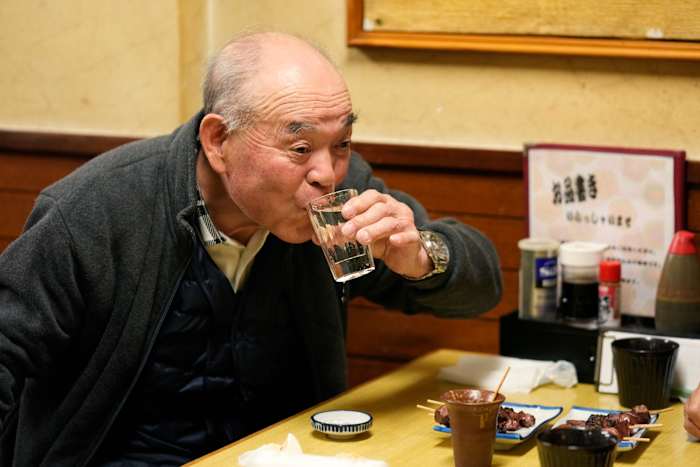Sake, an integral part of Japanese culture and dining, has been honored by UNESCO as an “intangible cultural heritage of humanity.”
In Luque, Paraguay, UNESCO’s committee for safeguarding cultural heritage recognized 45 cultural practices worldwide, including Japan’s traditional sake brewing. This accolade acknowledges not only the craftsmanship involved in sake production but also its deep-rooted history in Japan. Often considered more Japanese than sushi, sake is brewed in ancient warehouses, celebrated in pub-like izakayas, and prominently featured in significant cultural events like weddings. This recognition enshrines sake’s cultural significance and aims to rejuvenate its status as Japan’s leading alcoholic beverage.
The process of sake production is both meticulous and paralleled in its simplicity of ingredients: Japanese rice, water, yeast, and koji, a rice mold crucial for breaking down starches. This careful process spans roughly two months and involves steaming, stirring, fermenting, and pressing. The designation of sake by UNESCO highlights a tradition over 1,000 years old, famously depicted in “The Tale of Genji” from the 11th century, symbolizing its illustrious past.
Japanese Ambassador to UNESCO, Takehiro Kano, remarked on the honor, emphasizing sake as a divine gift essential to Japan’s social and cultural events. The UNESCO designation is seen as a boost not only to the cultural identity of sake but also to Japan’s export economy, as global interest in Japanese cuisine, including sake, continues to rise.
Despite sake’s essential role in Japanese culture, there is a shift among younger generations in Japan towards imported wines, domestic beers, and whiskey. The acknowledgment by UNESCO is hoped to reignite interest in traditional sake among these younger consumers.
Prime Minister Shigeru Ishiba expressed his delight at this international recognition, applauding those dedicated to maintaining and promoting sake’s legacy. The listing aims to enhance Japan’s cultural heritage and bring renewed attention to sake globally, particularly in major markets like the United States and China, which together contribute significantly to Japan’s sake exports.
The UNESCO recognition of Japanese sake as an intangible cultural heritage shines a light on its historical and cultural importance. This honor is expected to bolster both the domestic appreciation and international market presence of sake, ensuring its position as a cornerstone of Japanese cultural identity.
Source: News4jax







